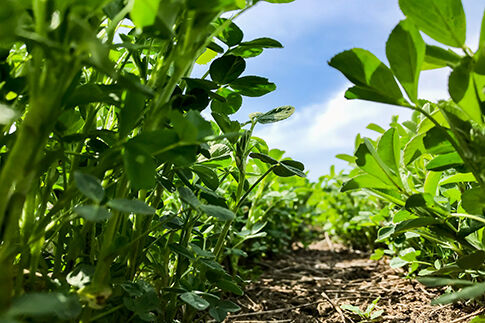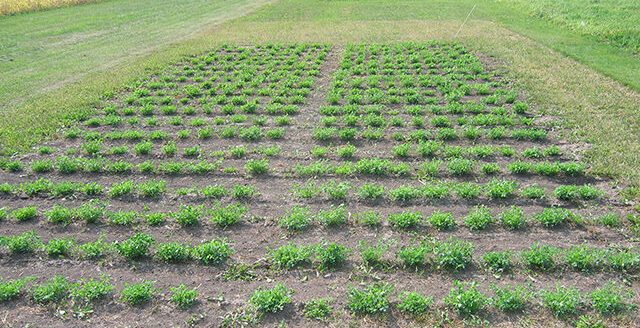It’s that time of year again. Time when we need to start preparing for taxes.
Most people probably know that farmers and ranchers’ last day to file taxes is March 1 so it’s important to make sure we have everything together. For example, if you paid an individual a total of $600 or more for rent, services, or interest as part of your agricultural business you may be required to report the payments with form 1099.
Now is a good time to start going through everything and making sure it is in order and noting receipts that are tax deductible like fertilizer, seed, and fuel to name a few. Throughout the year producers receive money, property, and services from many places. Your records can help you identify the source of receipts, and this information is important to help separate farm and nonfarm receipts and taxable from nontaxable incomes.
For example, buying fuel for a vehicle that is used to check pasture is tax deductible, as well as things like fencing materials, net wrap, and repairs to equipment to name a few. Preparing now can help speed up the tax preparation process.
All this information is used to help prepare tax returns and just as important can help producers monitor the progress of the operation. Records can show if the business is improving and can help us identify potential changes to make.
For additional information on record keeping and taxes you can visit cap.unl.edu or the IRS publication 225 (2024) ‘Farmer’s Tax Guide,’ at: https://www.irs.gov/publications/p225.
Shannon Sand is a regional Extension educator with the University of Nebraska.




